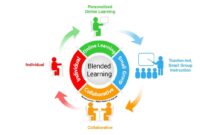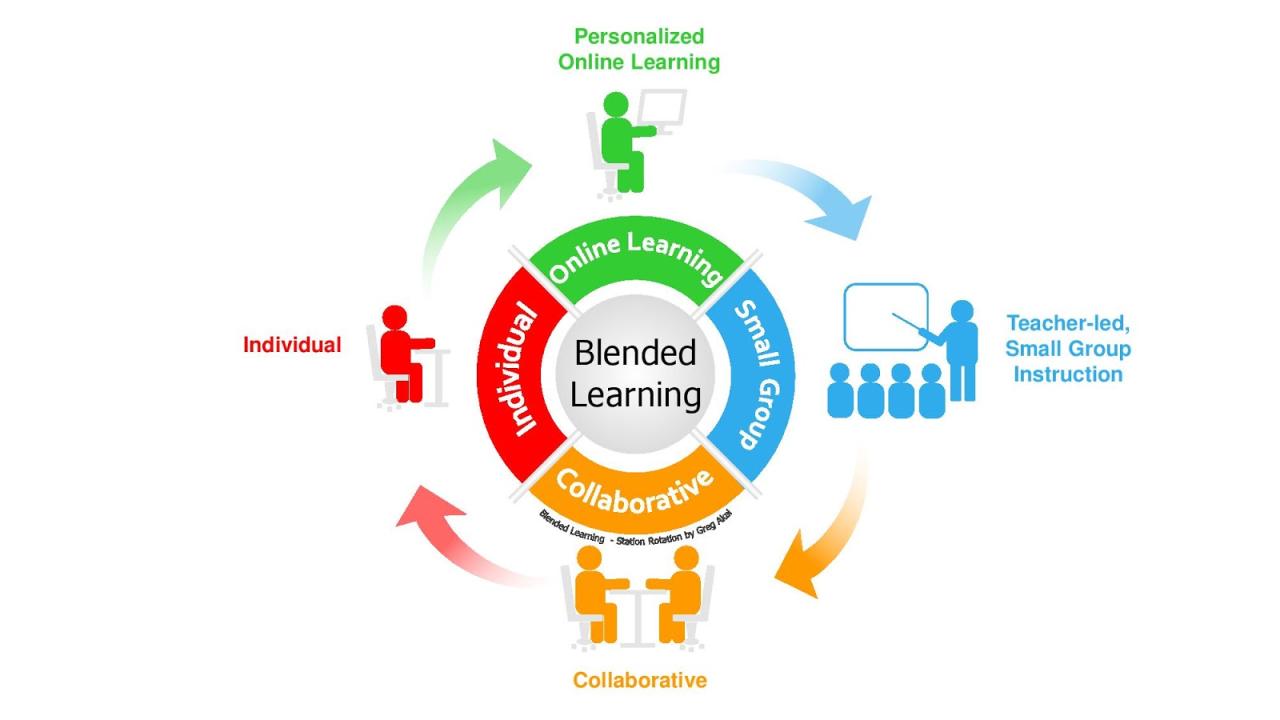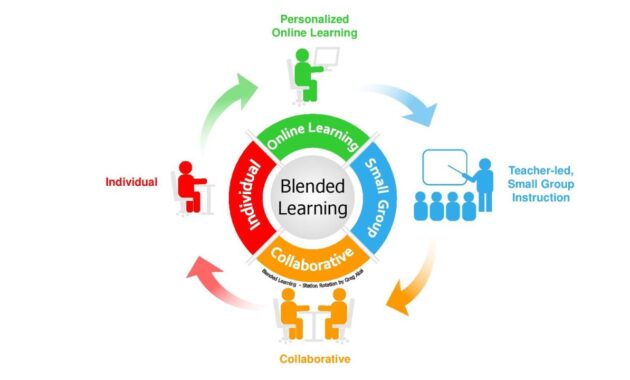Best Study Timer Apps for Productivity offers an insightful look into the tools that can enhance your study sessions. In a world where time management plays a crucial role in achieving academic success, these apps are designed to help students optimize their focus and efficiency. By integrating techniques such as the Pomodoro Technique and customizable timers, these applications transform the way learners approach their studies, making tasks more manageable and less daunting.
As students navigate the challenges of balancing coursework, assignments, and personal commitments, the right study timer app can make a significant difference. With features that encourage regular breaks and maintain concentration, these apps are not only beneficial for time management but also foster a healthier study routine. This overview will explore some of the best options available, highlighting their unique features and how they can contribute to enhanced productivity.
Artificial Intelligence (AI) has transcended its role as a mere technological novelty to become a fundamental component of contemporary society. As we delve deeper into the 21st century, AI’s influence permeates various sectors, including healthcare, finance, education, and transportation. This article examines the multifaceted impacts of AI on modern society, highlighting both the profound benefits and the potential challenges that accompany its widespread adoption.
Defining Artificial Intelligence
Artificial Intelligence is a branch of computer science that aims to create systems capable of performing tasks that typically require human intelligence. These tasks include problem-solving, learning, understanding natural language, and recognizing patterns. The evolution of AI can be traced back to the mid-20th century, but the rapid advancements in machine learning and data analytics have accelerated its integration into everyday applications.
AI in Healthcare
The healthcare sector has experienced a significant transformation due to AI technologies. Machine learning algorithms can analyze vast amounts of medical data to assist in diagnostics, treatment planning, and patient monitoring. For instance, AI systems are employed to detect diseases such as cancer at an early stage, often with greater accuracy than human specialists. According to a study published in the journal Nature, AI models have shown promise in identifying breast cancer in mammograms with an accuracy rate exceeding that of radiologists.
Furthermore, AI-powered virtual assistants and chatbots are revolutionizing patient interaction. These systems provide immediate responses to patients’ inquiries, schedule appointments, and even offer personalized health advice based on individual medical histories. By streamlining administrative tasks, healthcare professionals can focus more on patient care, thereby improving overall health outcomes.
AI in Finance: Best Study Timer Apps For Productivity
In the finance industry, AI technologies are reshaping how businesses operate and interact with customers. Financial institutions utilize AI algorithms for fraud detection, risk assessment, and market analysis. For example, AI can analyze transaction patterns to identify anomalies indicative of fraudulent activity, significantly reducing losses for banks and customers alike.
Moreover, robo-advisors powered by AI are democratizing wealth management. These platforms provide personalized investment advice based on individual financial goals and risk tolerance, making investment accessible to a broader audience. According to a report by McKinsey, the use of AI in wealth management is expected to increase efficiency and enhance customer satisfaction.
AI in Education
AI’s integration into education is reshaping traditional learning paradigms. Intelligent tutoring systems can adapt to individual learning styles, providing personalized educational experiences. These systems analyze students’ performance and adjust the difficulty of tasks in real-time, ensuring that learners remain engaged and challenged.
Additionally, AI can facilitate administrative tasks, such as grading and attendance tracking, allowing educators to devote more time to instruction and student engagement. The incorporation of AI-driven analytics in educational institutions enables more efficient resource allocation and enhances decision-making processes. However, this raises concerns about data privacy and the ethical implications of surveillance in educational settings.
AI in Transportation
The transportation industry is undergoing a revolutionary shift, largely driven by AI technologies. Autonomous vehicles, once the stuff of science fiction, are becoming a reality. Companies such as Waymo and Tesla are at the forefront of developing self-driving cars that utilize AI to navigate roads, make real-time decisions, and enhance passenger safety. According to the National Highway Traffic Safety Administration (NHTSA), autonomous vehicles have the potential to reduce traffic accidents caused by human error, significantly improving road safety.
Additionally, AI is optimizing public transportation systems. Predictive analytics can improve scheduling and routing, reducing wait times and increasing efficiency for commuters. AI-driven applications provide real-time updates on public transport availability, enhancing user experience. However, the shift towards automation raises questions about job displacement in the driving sector, necessitating discussions on workforce retraining and adaptation.
The Ethical Implications of AI
Despite the numerous advantages AI offers, its integration into society is not without ethical concerns. Issues such as bias in AI algorithms, data privacy, and the potential for job displacement require careful consideration. AI systems learn from data, and if that data reflects societal biases, the algorithms can perpetuate and even exacerbate these biases.
For instance, facial recognition technologies have faced criticism for their inaccuracies, particularly concerning minority groups. Research indicates that these systems often misidentify individuals of color at disproportionately high rates, raising concerns about surveillance and discrimination.

Privacy is another critical issue associated with AI. The collection and analysis of personal data can lead to breaches and misuse. The implementation of regulations, such as the General Data Protection Regulation (GDPR) in the European Union, aims to safeguard individual privacy rights. However, striking a balance between innovation and ethical considerations remains a challenge.
The Future of AI in Society
The future of AI in society is poised to be transformative, with the potential to enhance efficiencies and improve quality of life. As AI technologies continue to evolve, they will likely become more integrated into various facets of daily life, enabling smarter cities, personalized services, and innovative solutions to complex global challenges.
Moreover, interdisciplinary collaboration will be essential to address the ethical implications of AI. Stakeholders, including technologists, ethicists, policymakers, and the public, must engage in discussions to ensure that AI development aligns with societal values and benefits all individuals. This collaborative approach can foster responsible AI innovations that are equitable and just.
Conclusion
In conclusion, the impact of artificial intelligence on modern society is profound and multifaceted. While AI presents numerous opportunities for improving efficiencies and enhancing quality of life across various sectors, it also raises significant ethical concerns that must be addressed. As society continues to navigate the complexities of AI integration, fostering a balanced approach that prioritizes ethical considerations and societal well-being will be crucial for harnessing the full potential of this transformative technology.
As we move forward, continuous research, dialogue, and collaboration will play pivotal roles in shaping a future where AI serves as a beneficial force for society as a whole.








